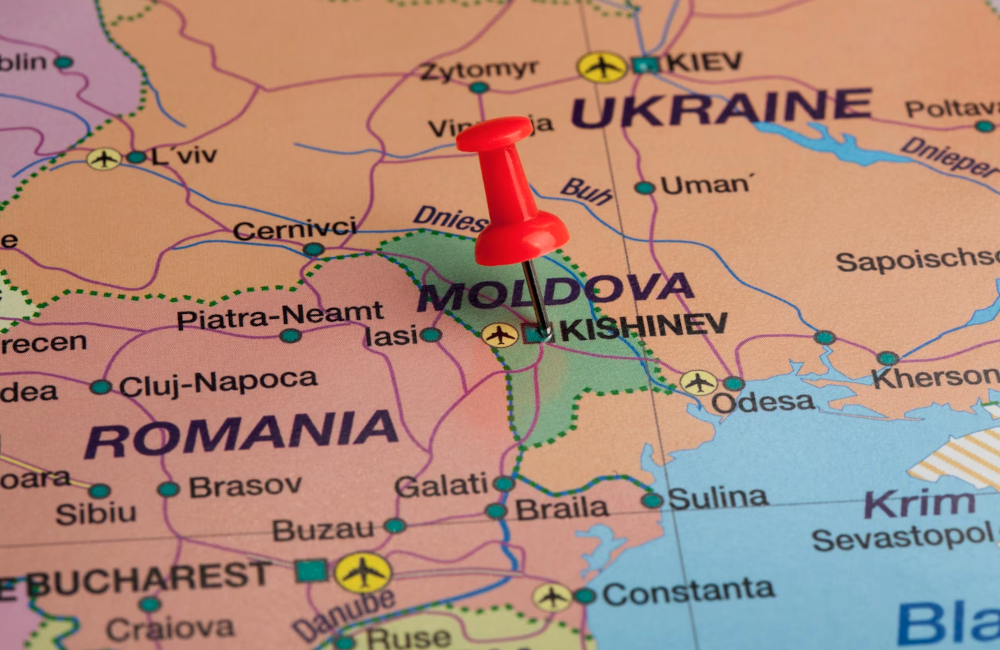Farmers in Moldova will finally be able to grow industrial hemp for food and fiber outputs after amendments to regulate cultivation were approved by the government last week.
The changes, to rules that cover plants containing narcotic or psychotropic substances, set out a clear definition for industrial hemp, and simplify licensing under authority of the country’s food safety agency and the agriculture ministry.

Moldova’s Prime Minister Dorin Recean
“I urge the whole business community . . . to promote the use of this opportunity because these materials are used in many industries, including the automotive industry,” said Prime Minister Dorin Recean. “It is a very good opportunity for the business environment of the Republic of Moldova, for farmers, as well as for those who produce components from industrial hemp.”
Flowers, CBD restricted
The changes apply only to the production of hemp seed and fiber products, and do not ease up on hemp flowers, which remain restricted under Moldovan drug laws and stringent authorization requirements of the Permanent Drug Control Committee.
The regulatory barriers to flower-derived products make the production of CBD and other cannabinoids a challenging prospect in Moldova. Stakeholders are advocating for further legal clarifications and simplified processes to unlock the economic potential of these products while maintaining regulatory compliance, and the government has indicated ongoing refinement of its hemp policy, which may eventually address these concerns.
Farmers must obtain permits to grow hemp, and the entire cultivation process will be monitored under the regulations in the new program. Growers are limited to hemp varieties included in the Moldovan National Plant Variety Catalog, the EU’s Common Catalog of Varieties of Agricultural Plant Species, and the national catalogs of individual EU member countries.
The program was approved earlier this year by the National Anti-Corruption Center
Going circular
“The initiative to regulate the cultivation of industrial hemp has multiple benefits for agriculture, the environment and the economy,” said Sergiu Gherciu, secretary general of the Ministry of Agriculture and Food Industry. “Through the production and processing of industrial hemp, Moldova can develop a circular economy, which will help reduce waste and use every part of the plant, be it as fiber, fuel or building material.
“The approval of this bill will bring only advantages without compromising public safety and is an initiative awaited by many farmers,” Gherciu said.
Stakeholders have said growing hemp in Moldova will bring benefits to the country’s economy and ecology, and has the potential to increase farmers’ income and create jobs. Despite being one of the poorest countries in Europe, Moldova has a moderate climate conducive to hemp cultivation along with productive farmland. In an economy highly dependent on farming, hemp could considerably boost the agriculture sector.
Moldova’s hemp history
A part of historic hemp powerhouse Romania up until 1939, Moldova has a tradition of using hemp in textiles, nutrition and medicine. The country’s legacy in hemp is reflected by the plant’s presence in spontaneous flora.
Agriculture accounts for around 12% of Moldova’s GDP and employs approximately 27% of the labor force. Moldova’s agriculture is primarily focused on grains, sunflowers, sugar beets, and fruits.

